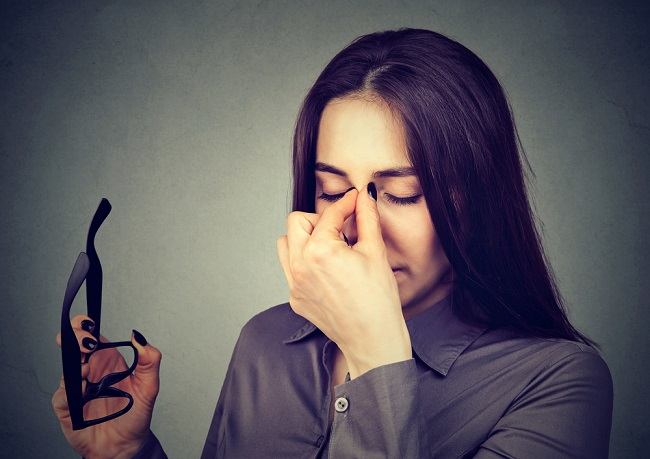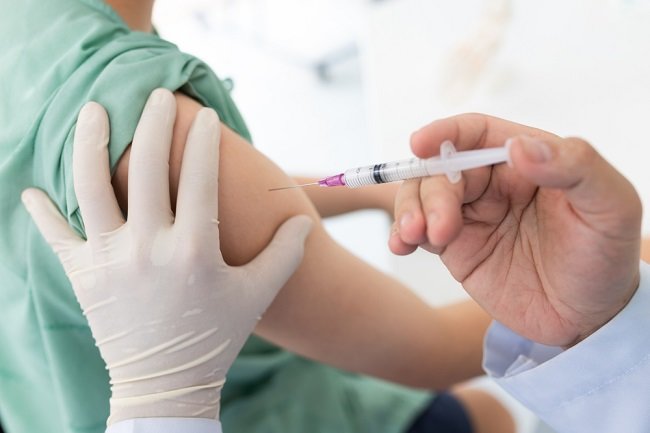Every prospective hajj pilgrim needs to prepare for health long before leaving for the holy land, and needs to know how to maintain health while there. To find out how to prepare and how to maintain health during the pilgrimage, see the explanation below.
Preparing all matters relating to health for the participants of the pilgrimage aims to make the entire series of pilgrimages run smoothly. With a healthy and excellent body condition, you will be better able to adapt to the weather and conditions in Saudi Arabia which is certainly different from Indonesia.

Health Preparation Before Departure
Formally, health preparation for Hajj usually begins 2 years before departure. As a participant of the Hajj pilgrims from Indonesia, you are required to follow a series of preparations that have been arranged by the government.
Here are some health-related preparations that you need to do before leaving for Hajj:
1. Create a personal health record
Keeping personal health records is very important to prevent health problems during worship. This health record can contain the type of allergies you have, the congenital diseases you experience, and any medications you take.
2. Do a health check
Health checks are a mandatory stage for prospective pilgrims to perform Hajj. There are 2 health checks carried out, namely a general physical examination and supporting examinations which include a complete blood count, pregnancy test, x-ray, urine examination, and electrocardiography (ECG).
When undergoing a physical examination, you can provide a personal health record that has been made previously. That way, the doctor will know your health condition and can provide advice and knowledge related to activity patterns that need to be maintained, dietary restrictions, to prescription drugs that may need to be taken.
3. Apply a healthy lifestyle
The series of pilgrimages will drain a lot of energy, so it is important for prospective pilgrims to prepare their physical health from a long time ago. Exercise can be started at any time, but the sooner the better. Do at least moderate but regular exercise, such as walking or cycling, for 30 minutes every day.
In addition, make sure you eat a nutritionally balanced diet to maintain weight. Gaining weight too fast can be harmful to your body. In addition, a heavier body weight can also make you tired faster during worship.
4. Get vaccinated
Vaccination before performing the pilgrimage is one of the mandatory requirements. Meningococcal vaccine is mandatory to avoid outbreaks of meningococcal meningitis that have occurred.
Additional vaccines recommended before leaving for Hajj are influenza vaccine, hepatitis A vaccine, hepatitis B vaccine, and typhoid and pneumococcal vaccines. It is recommended that this vaccine be given 2-3 weeks before departure and at least 10 days in advance.
5. Prepare medicine and skin care
Although the organizers of the pilgrimage also provide medicines, you are encouraged to bring them yourself as needed, especially medicines from doctors that must be consumed regularly. Make sure the amount of medication is sufficient for your stay there.
In addition, the hot and scorching weather in Saudi Arabia is very likely to make your skin dry and even damaged, so you are advised to always apply sunscreen and skin moisturizer there. Therefore, do not forget to bring these two treatments.
6. Get enough rest
In fact, stress is one of the conditions that many pilgrims experience. In fact, stress can make your immune system decrease, so you can get sick more easily.
Therefore, try to finish preparing all your needs at least 1 week before departure. Approaching the day of departure for Hajj, you should take plenty of time to rest and avoid stress. In addition to physical health, you must also prepare for mental health.
Maintaining Health During Hajj
Arriving in the holy land, be careful to maintain health. Here are some things you need to pay attention to:
- Keep your personal medicines in a bag that is easy for you to reach. Include a doctor's certificate in case a customs officer asks for the drugs.
- Drink enough water because the weather there is hotter and can make you dehydrated.
- Use a cream that contains sunscreen every activity. Repeat use every 2 hours or after ablution.
- Always maintain cleanliness by frequently washing hands with soap or water hand sanitizer.
- Avoid sharing personal tools, such as razors or toothbrushes, with other people, because these tools allow the transmission of blood-borne diseases, such as HIV, hepatitis B, and hepatitis C.
- Watch the food you eat. Avoid eating foods made from raw milk or undercooked meat.
- Don't forget to always check the expiration date if you want to buy packaged food or drinks.
In an effort to prevent disease transmission, you are also advised to wear a mask during worship, cover your mouth and nose when coughing or sneezing, avoid contact with people who are sick, and avoid contact with animals.
By making preparations and ways to maintain health during the pilgrimage, it is hoped that you can carry out worship to the maximum and avoid disease.
It is also important to note that if you feel any health symptoms, such as colds and flu, shortness of breath, especially fever while you are there, consult a doctor from the organizer of the pilgrimage, so that you can receive safe and appropriate treatment.









